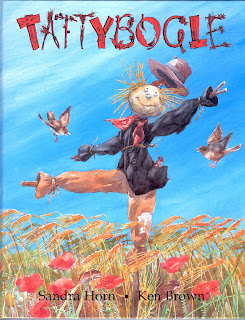Debbie Young Debates: Halloween or Guy Fawkes' Night?

Cotswold cosy mystery novelist Debbie Young Writing a series of seven seasonal cosy mysteries, it was a no-brainer to make the second novel, T rick or Murder? , focus on Halloween and Guy Fawkes' Night - two traditions that divide my characters (and my readers) into different camps. In Trick or Murder? , the strange new vicar makes his mark on the sleepy Cotswold parish of Wendlebury Barrow by banning the PTA Halloween Disco. Realising he may have alienated his congregation before his first service, he tries to redeem himself by inviting them to an impromptu Guy Fawkes' Night party at the vicarage. Naturally, mayhem ensues, during a fun romp that celebrates both traditions. A fun seasonal read for October Post-publication, I asked friends which occasion they prefer, and why - asking only British friends because, beyond our shores, Guy Fawkes is unknown, which I allude to in the opening chapter of the book. (I also explain what it is during the course of the story...





